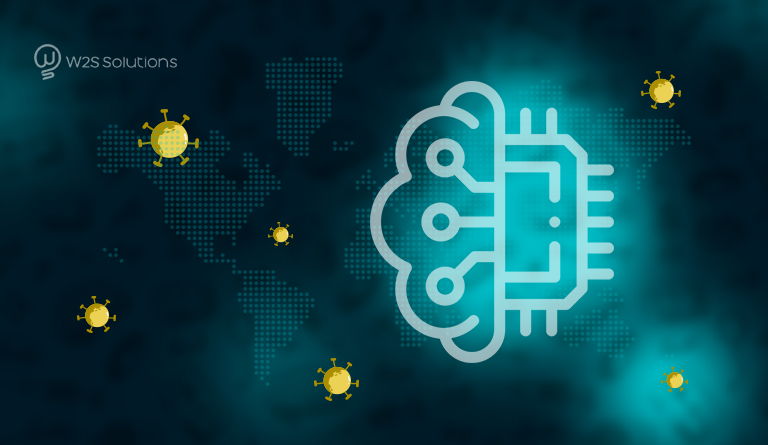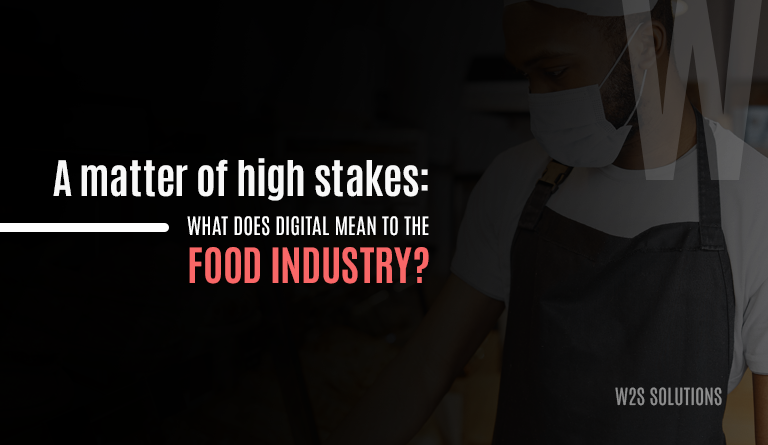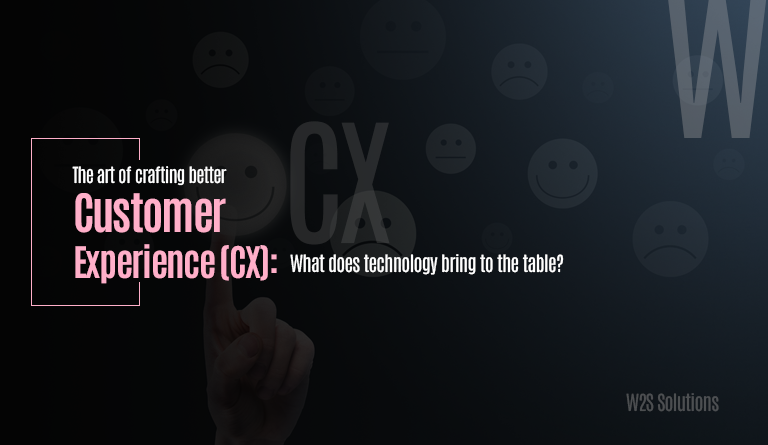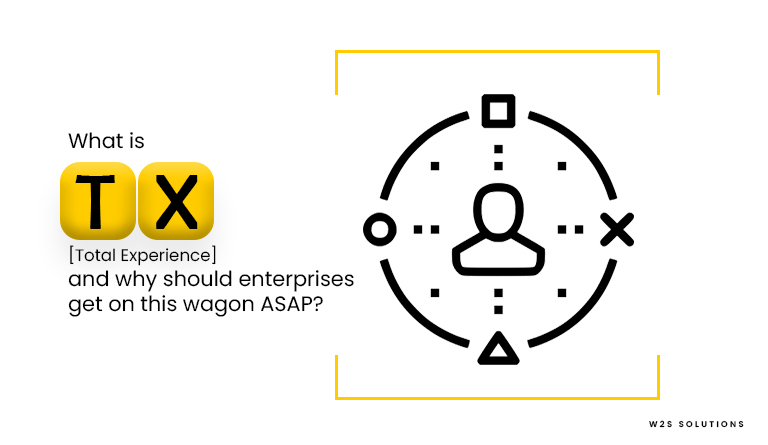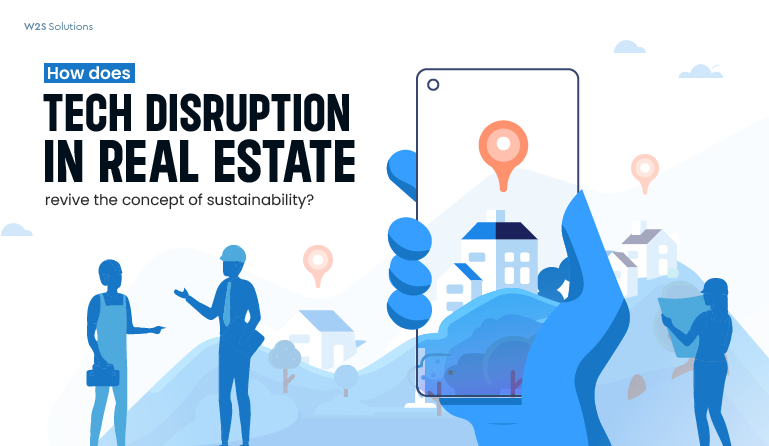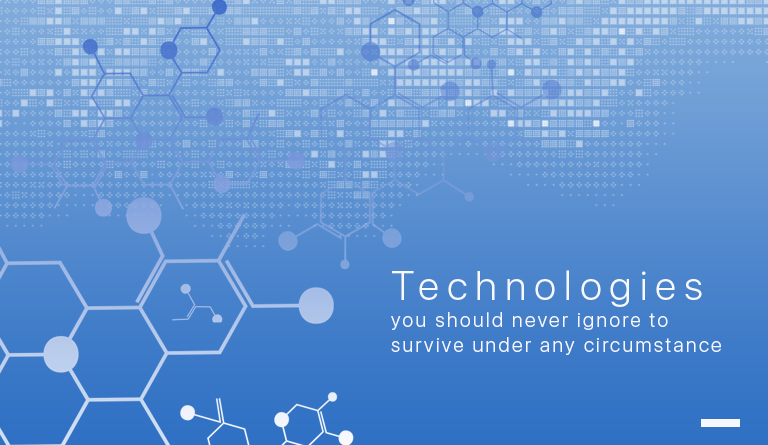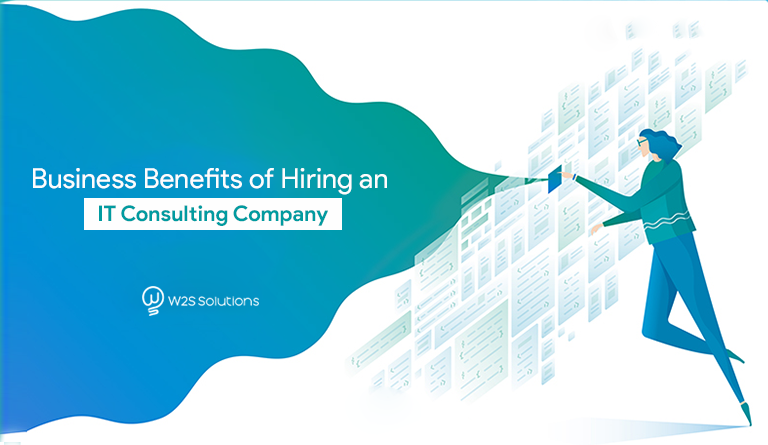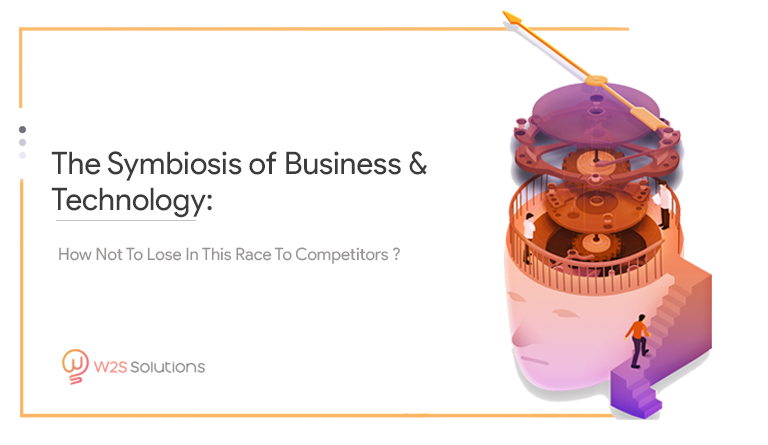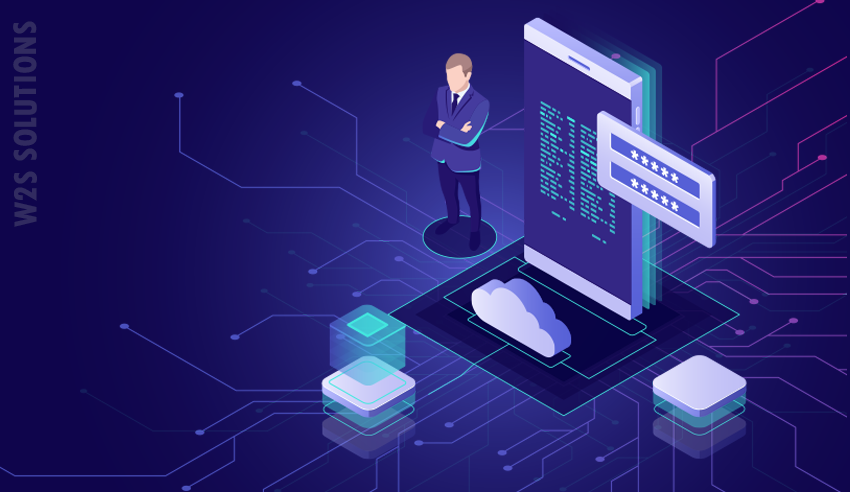With the COVID-19 pandemic being spread over a hundred countries, the world is facing a never seen before crisis of epic proportions. As the outbreak wreaks havoc on the industries and markets all over the world, business organizations are facing unique challenges. Navigating these challenges successfully will need comprehensive and thoughtful planning.
The epicenter of the CoVID-19 outbreak was the Wuhan region of China, which is a significant manufacturing hub worldwide. It has further spread to all other manufacturing hotspots of the world, hitting the global economy in a way that was last seen in 2003 during the SARS outbreak.
As the situation continues to get graver by the day, the time has come for the tech industry to figure out appropriate response actions for mitigating the risk and preparing for ways to deal with the effects of the pandemic. In this situation, the IT Consulting Service industry needs to focus on the establishment of an interdisciplinary response team for identifying, assessing, and managing the risks.
The tech companies have already closed their offices and stores, warned the employees, and restricted them from traveling. While these are all necessary steps for preventing the virus from spreading further, the worries about disrupted supply chains and dwindling profits loom large.
With that in mind, let’s delve deeper today about the implications of the pandemic on the tech industry and the ways to manage its commercial impact.
Establishing communication with critical suppliers

Companies need to assess the impact of the disruptions or delays in the delivery of critical parts and materials. It is important to contact the suppliers to understand the condition of inventories they have and the actions that are being taken by them to make sure that there is the least disruption to deliveries of components and parts.
It is more crucial more the tech companies that have their major suppliers in the hardest-hit nations of the world, like China. Moreover, companies also need to think about the redeployment of resources for building added reserves of parts and bringing alternative suppliers onboard for mitigating the impact of delays in the deliveries from major suppliers.
Read Also – 5 Ways Coronavirus Will Affect The Connectivity And Tech Industry in 2020
Reviewing contracts for determining Force Majeure rights

Force majeure is a legal principle under which a party is not held liable for being unable to fulfill its contractual obligations as the circumstances that are beyond the control of the party. Most of the force majeure requirements list out epidemics, diseases, or social distancing, but many of these have general provisions that cover things like natural calamity, acts of government, acts of God, and the likes.
The COVID -19 pandemic is also presenting such a unique situation that has both a natural component, in the form of the virus outbreak, and a government component, in the form of the announced lockdowns. Parties need to review the provisions of force majeure in the contracts and determine whether the clauses apply to the situation.
Conserving the government decrees and location

The Chinese finance ministry has issued the declaration that CoVID-19 is an event that can be termed as force majeure, as it is something similar to a natural calamity.
In the same way, the National Solar Energy Federation of India has issued requests to the respected Ministry of New and Renewable Energy to declare coronavirus as a force majeure event. But, besides checking the rules of force majeure and other decrees by the ministries, manufacturers will still require to prove that they are not being able to perform because of the event.
Read Also – How much can the Software Industry contribute towards the fight against COVID-19?
Reviewing contracts for determining material adverse changes

A material adverse change (MAC) is the clause that offers a way for both sides of transactions to allocate risks between closing and signing, and it is used in many areas of the agreement. The examples of such areas are in the warranties and representation parts that specify a lack of MAC taking place after a certain date.
It can be defined as the condition, development, circumstance, or event that, can either in aggregate or individually, be expected to levy an adverse impact on the financial conditions, the result of operations, or any other aspects of the business of the main organization and its subsidiaries.
A tech company can resort to MAC depending upon:
- The way the provision gets authored
- The way the provision is interpreted under the governing law of the contract
- The real impact on the business in question
As the complete impact of this outbreak is still not very clear, whether or not a MAC provision has been invoked or not still remains unclear. Thus, the companies will have to evaluate the constant effects of the outbreak on the businesses facing the issue as per the dictates of the agreement.
Monitoring customer demands

Companies need to monitor customers to make sure that they comply with the contractual obligations, which includes timely payments for the parts sent to the customers. Keeping the present disruptions in mind, the tech companies need to come up with a plan to manage communications with their counterparties, even though detailed strategic considerations come into play when taking such steps.
The customers who have a higher risk of non-payment can be put into contractual terms of payment by the company. However, the companies need to assess if the applicable law and the circumstances allow the parties to assert the basis for pausing or avoiding performance under the contracts and figure out the consequences of such defaults and breaches.
Read Also – Top Technologies of 2020 That Will Rule the Immediate Future
Considering the aspects of cybersecurity

It is natural for many companies to go for ‘work from home’ programs because of the nationwide lockdowns. Though it lets the businesses continue their work, it also leads to an increased cybersecurity risk by enabling multiple avenues for unauthorized access to the information and systems of the company. Thus, companies need to review the present cybersecurity controls and decide if these need any upgrading or enhancements.
For instance, the best practices need to implement two-factor authentication for getting through to the company’s webmail and networks and the encryptions on mobiles and laptops. Companies need to make sure that there is sufficient physical security and secured information control to prepare for such long-term office closures.
The employees also need to be warned beforehand that there is an increased risk for phishing attacks, and it can even extend to those innocent emails that come with subjects like ‘importance notice.’
Moreover, there have to be stricter policies for governing the right usage of company devices and systems and storing and transferring company information. Employees working from home might forward the information on their own emails or keep those on their unprotected laptops. Thus, reminding them about strict company policies is important.
Lastly, companies need to keep in mind the privacy laws at the time of collecting such information about clients and employees that they have not collected previously, like travel details and health information.
Summing up
The tech industry needs to take important steps now to mitigate the risks that are bound to come to the forefront because of the coronavirus. The crisis is bound to hit hard, but the important thing is the effective management of the situation.
By taking the right steps, and more importantly, taking those steps in time, some of the negative impacts of the pandemic on the industry can be mitigated.
